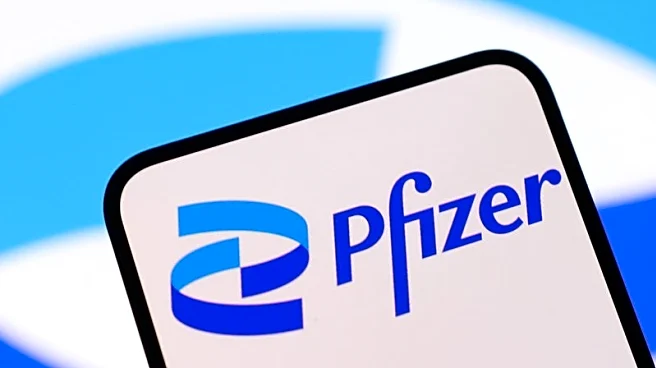Rapid Read • 8 min read
OpenAI has launched two open-weight AI reasoning models, marking its first open language model release since GPT-2. These models, available on the developer platform Hugging Face, are designed to be state-of-the-art, with the larger gpt-oss-120b model capable of running on a single Nvidia GPU and the lighter gpt-oss-20b model operable on a consumer laptop with 16GB of memory. OpenAI's open models can send complex queries to AI models in the cloud, allowing developers to connect them to more capable closed models for tasks like image processing. This move represents a shift from OpenAI's previous proprietary approach, aiming to compete with Chinese AI labs that have developed popular open models.
AD
The release of these open models is significant as it reflects OpenAI's strategic pivot towards open sourcing, a move that could democratize AI technology and align with U.S. values. This decision comes amid pressure from the Trump administration and competition from Chinese AI labs, which have been advancing in the open source space. By providing these models for free, OpenAI aims to foster innovation and global adoption of AI technologies that benefit humanity. The models' ability to integrate with closed models could enhance their utility for developers, potentially impacting industries reliant on AI for complex problem-solving.
OpenAI's release of gpt-oss models under the Apache 2.0 license allows enterprises to monetize them without needing permission from OpenAI. However, the company will not release the training data due to ongoing legal concerns over copyright issues. OpenAI has delayed the release to address safety concerns, ensuring the models do not significantly aid in cyberattacks or the creation of biological weapons. Developers are now anticipating the release of DeepSeek R2 and Meta's new open model, which could further influence the competitive landscape in AI development.
The decision to open source these models could have long-term implications for AI ethics and safety. OpenAI's approach to balancing openness with safety measures highlights the ongoing debate in the AI community about responsible AI development. The models' potential to marginally increase biological capabilities underscores the need for continued vigilance in AI research and development.
AD
More Stories You Might Enjoy












